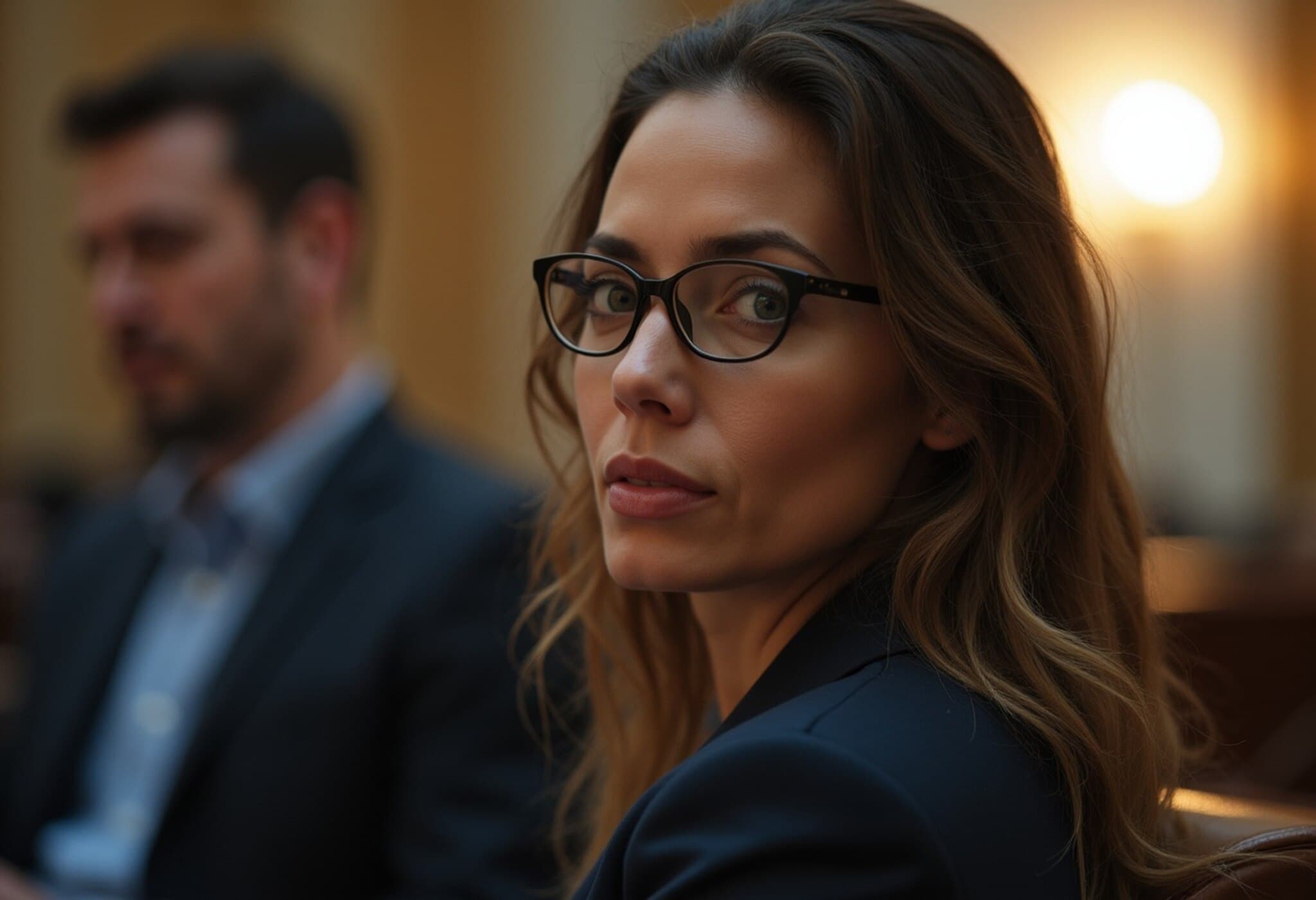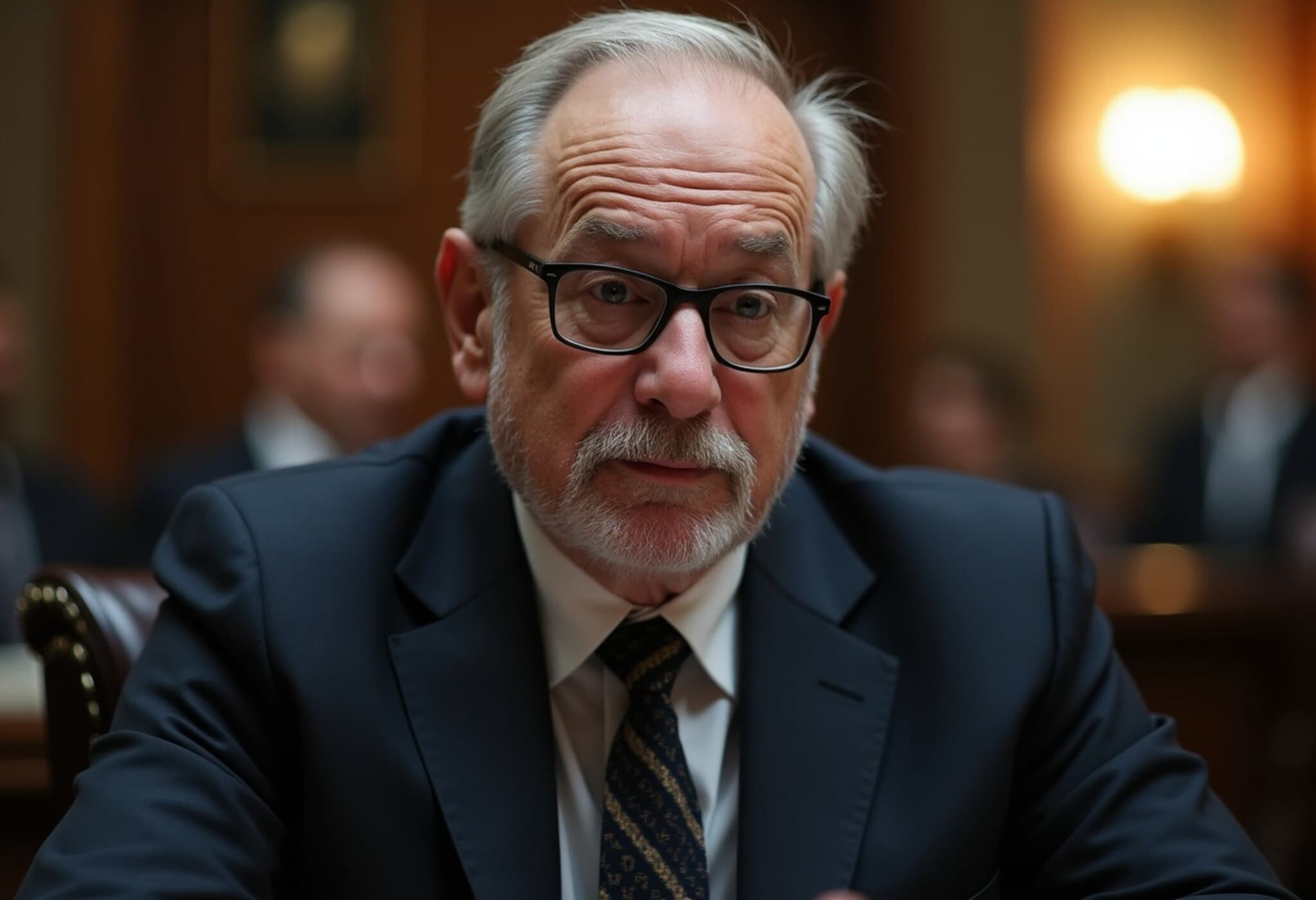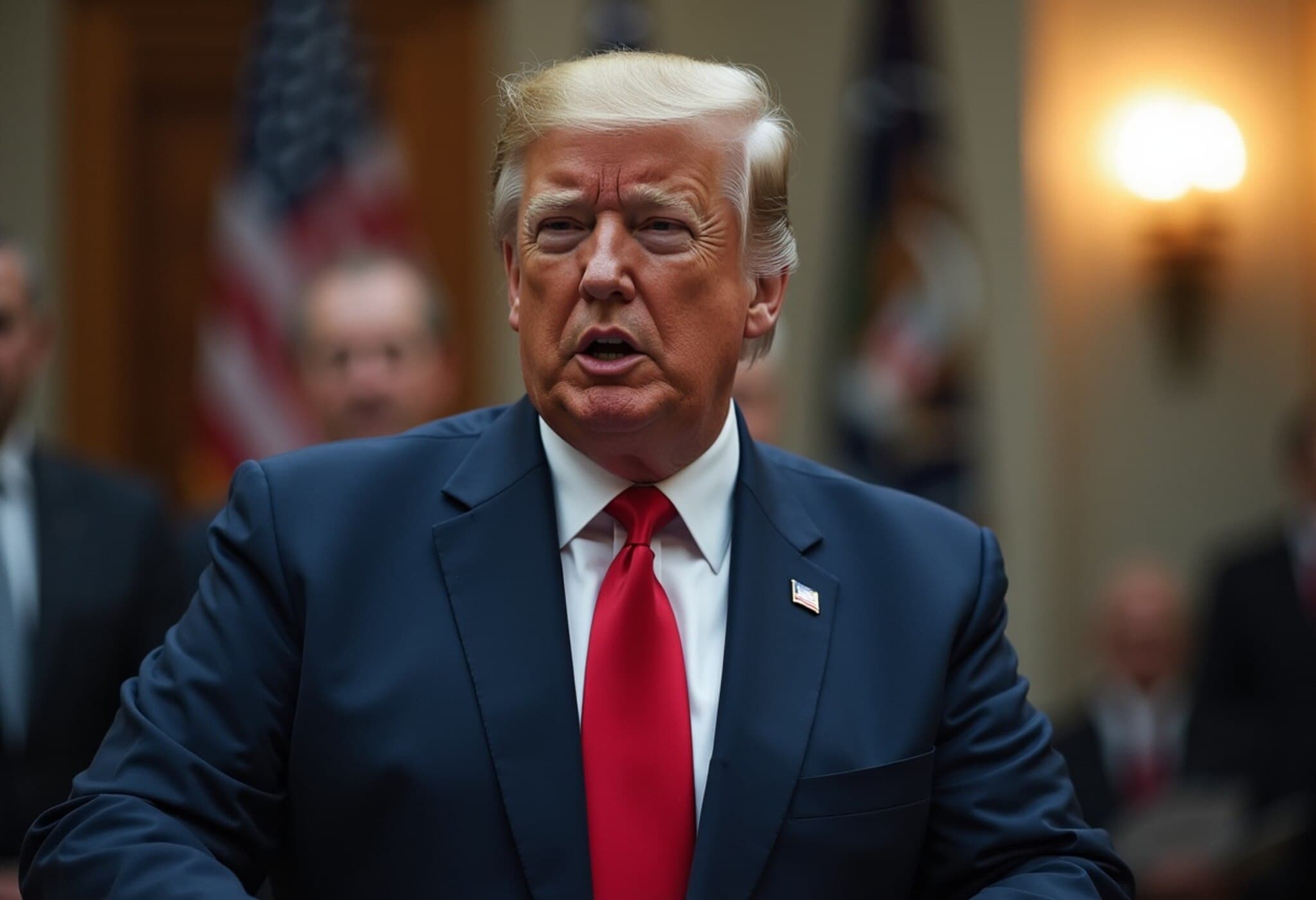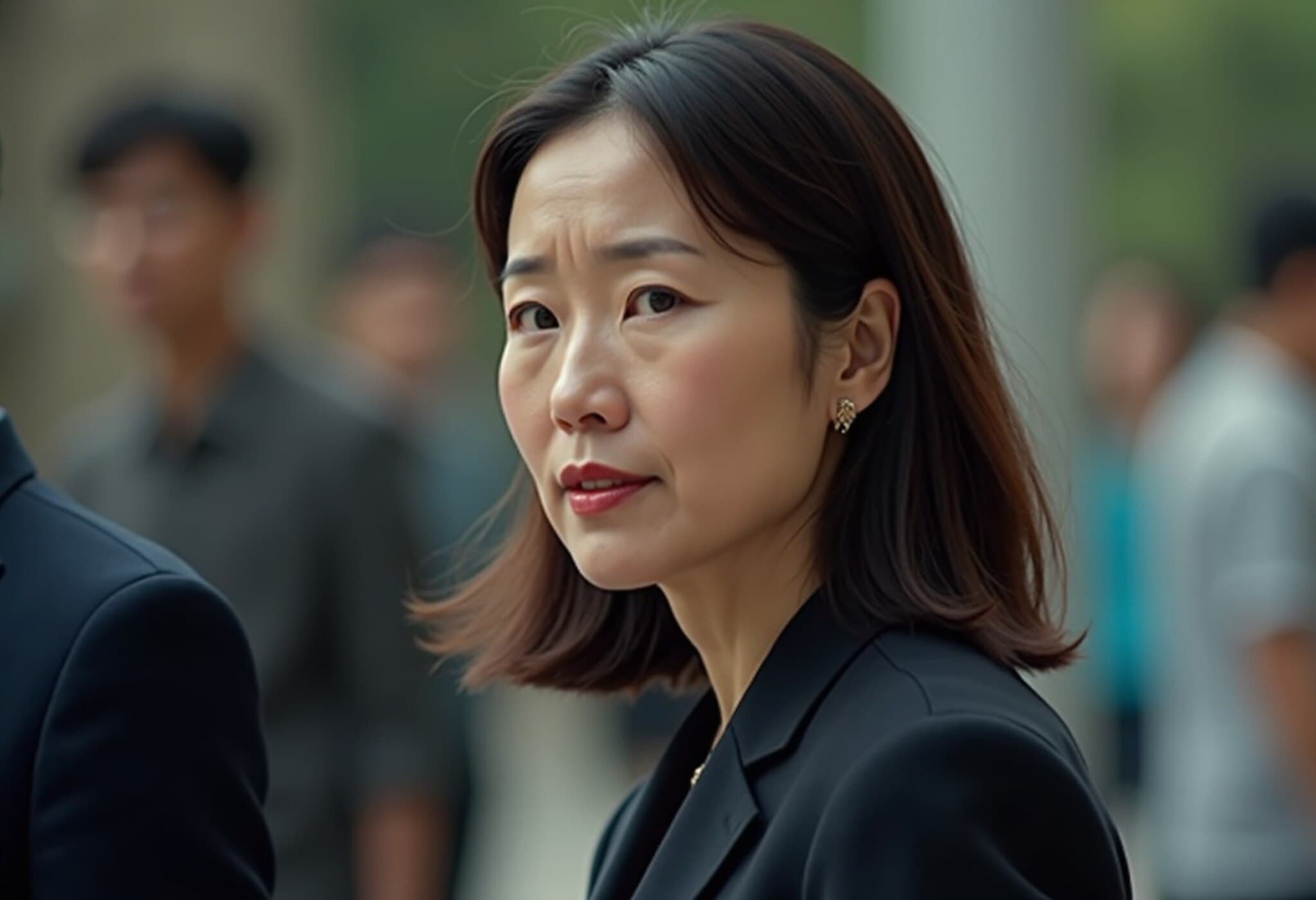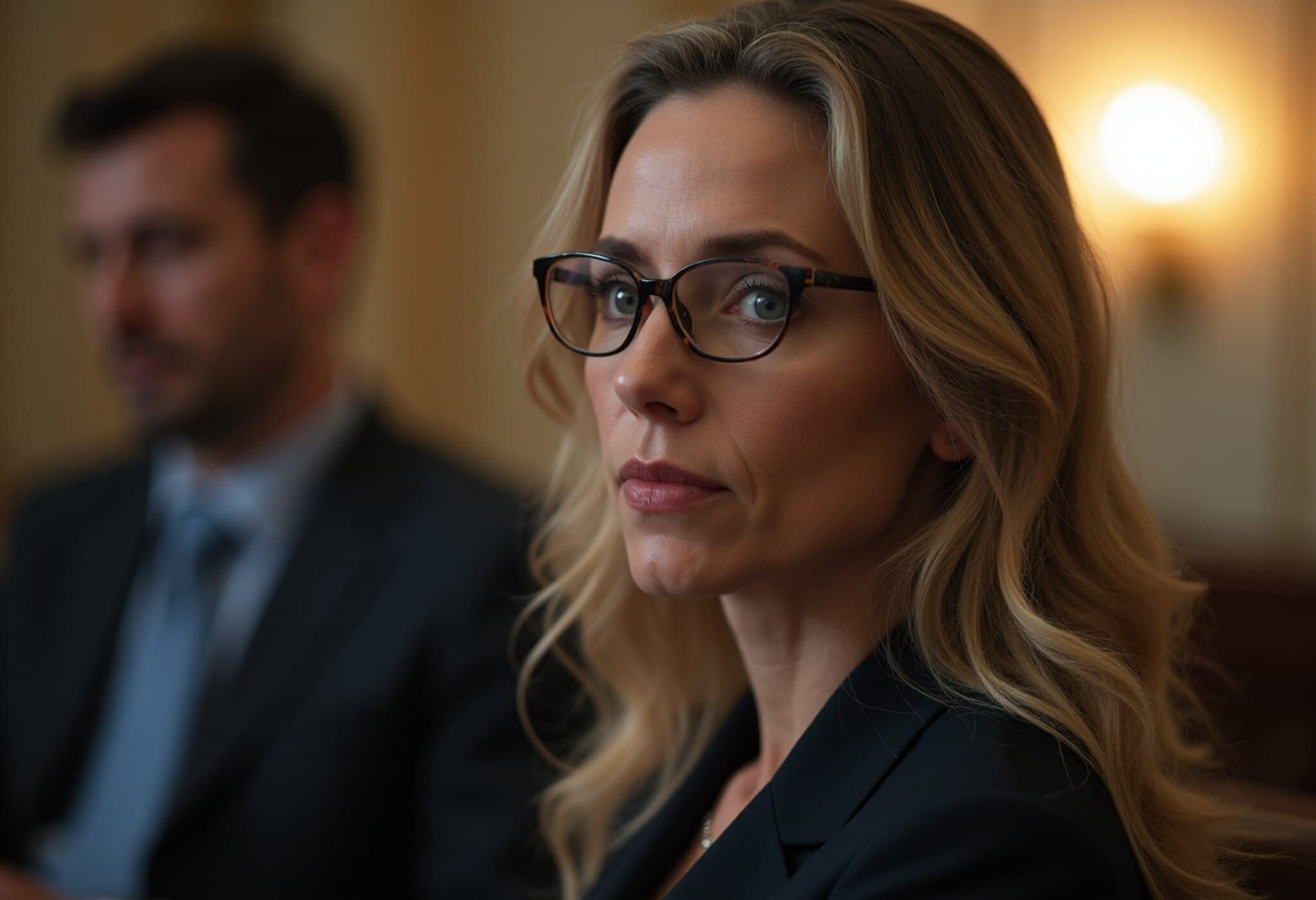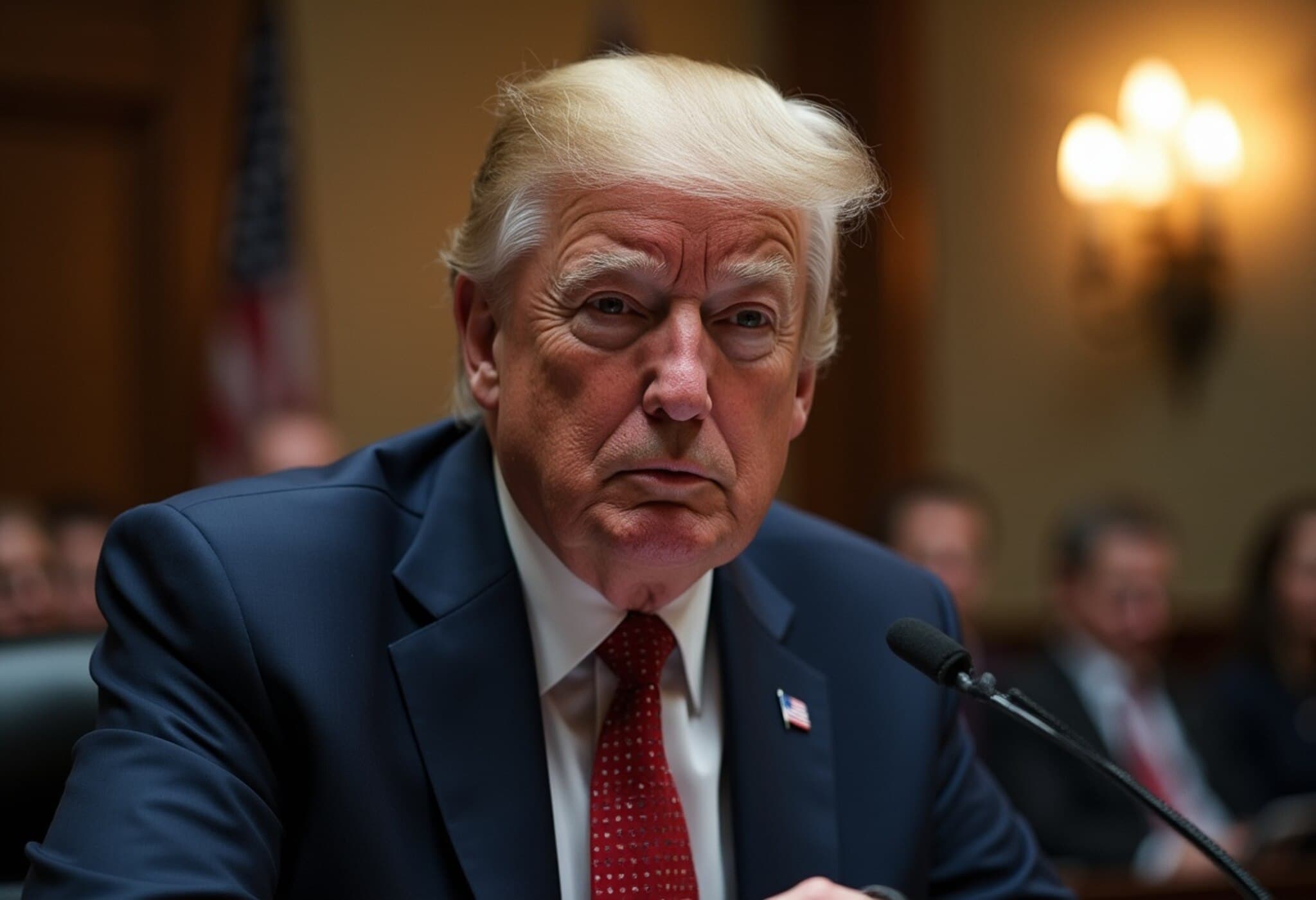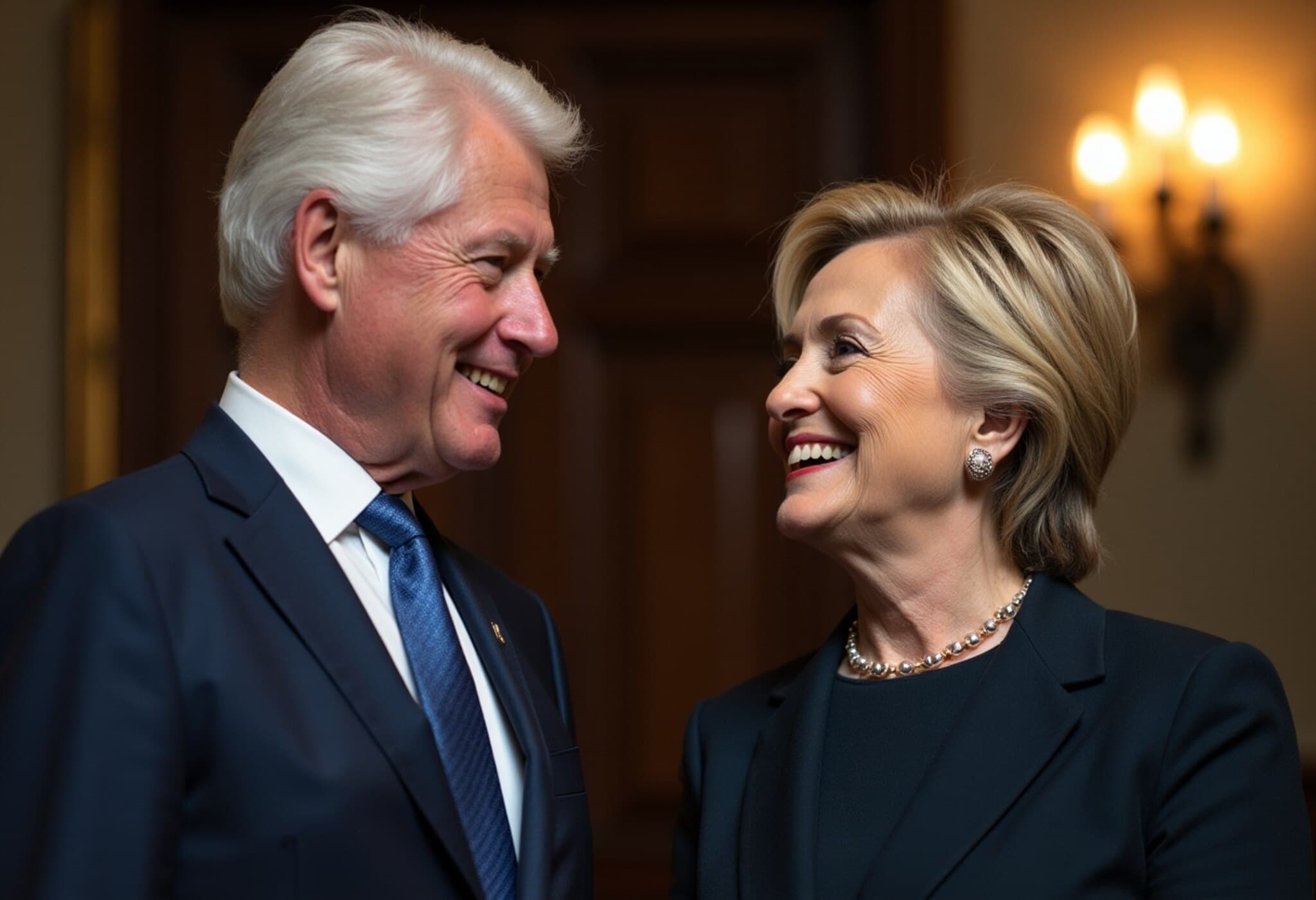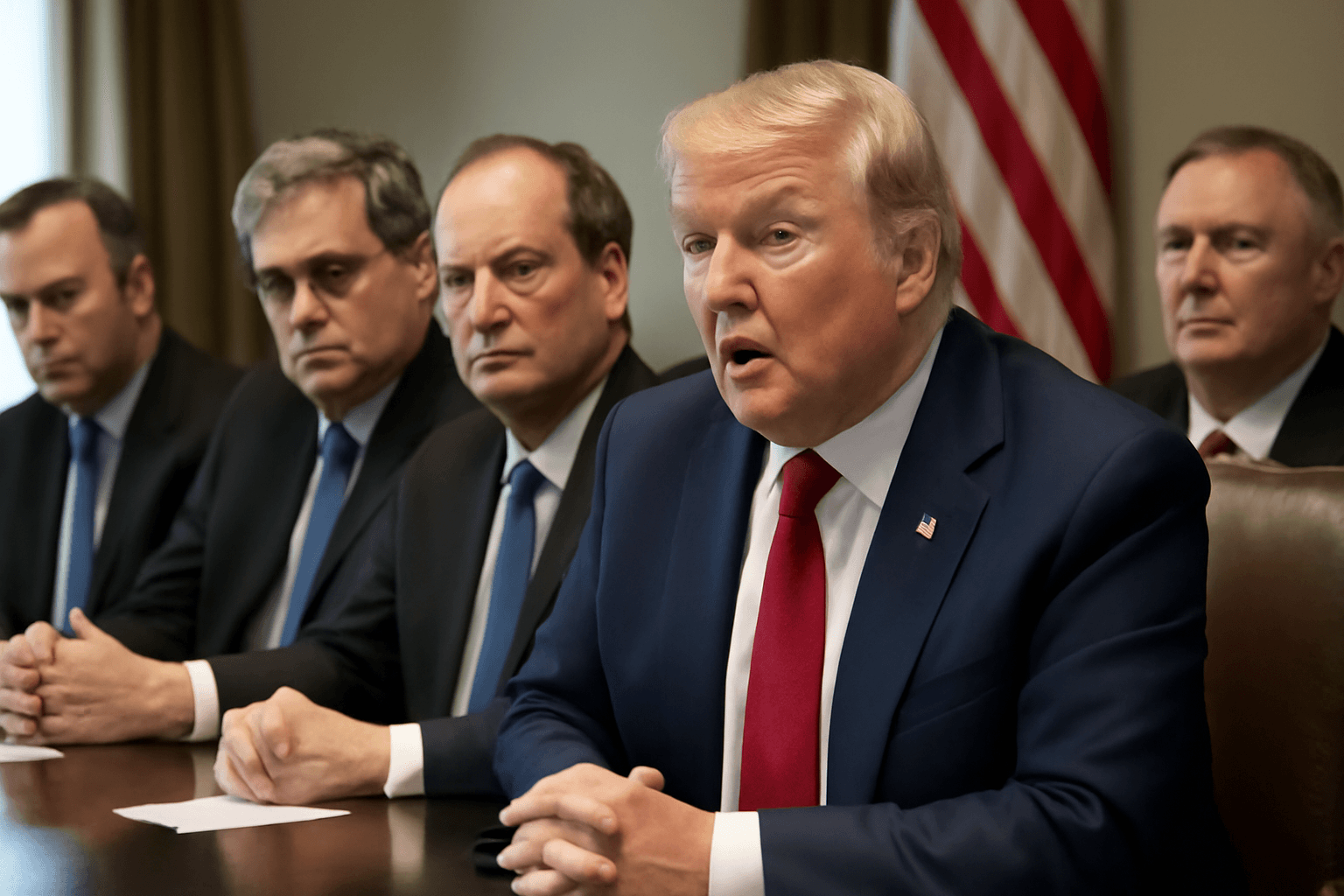Federal Judge Blocks Release of Ghislaine Maxwell Grand Jury Transcripts
In a significant decision for the ongoing legal discourse surrounding one of the most high-profile sex trafficking cases in recent history, a federal judge in New York emphatically rejected the U.S. Justice Department’s request to unseal grand jury transcripts related to Ghislaine Maxwell. Maxwell, who is currently serving a 20-year prison sentence, was convicted for facilitating the sexual abuse of underage girls by the notorious financier Jeffrey Epstein.
Judge Engelmayer Questions Justice Department’s Motives
Judge Paul Engelmayer, presiding over the case in Manhattan’s U.S. District Court, did not mince words in his ruling issued on Monday. He dismissed the Justice Department’s rationale as baseless, stating that the transcripts would not shed any new light on the crimes committed by Epstein and Maxwell, nor on the government’s investigation. The judge labeled the government’s motion as "disingenuous" and a potential attempt to create a facade of transparency.
"A member of the public, appreciating that the Maxwell grand jury materials do not contribute anything to public knowledge, might conclude that the Government's motion for their unsealing was aimed not at 'transparency' but at diversion — aimed not at full disclosure but at the illusion of such," Engelmayer wrote in his decision.
Legal Precedents and the Preservation of Grand Jury Secrecy
Invoking a 1973 legal precedent, the judge underscored that the policy of keeping grand jury proceedings confidential is a long-established cornerstone of American jurisprudence. The principle exists to protect the integrity of investigations and the privacy of individuals involved, unless compelling exceptions are met.
Engelmayer pointed out that the Justice Department failed to satisfy any of the recognized exceptions that would justify unsealing grand jury materials under the federal appeals court circuit governing New York.
Context: The Epstein-Maxwell Investigation and Public Scrutiny
The Justice Department’s request comes amid heightened public and political scrutiny over earlier decisions, notably the Trump administration’s refusal to release Epstein-related investigative files. In related developments, a federal judge in Florida also declined a similar bid to unseal grand jury transcripts from an earlier Epstein probe.
Jeffrey Epstein was arrested in July 2019 on charges of sex trafficking minors but died in jail under controversial circumstances weeks later. Subsequently, Maxwell was indicted by another grand jury in Manhattan on charges accusing her of grooming underage girls for Epstein’s abuse. Her conviction in late 2021 and subsequent imprisonment marked a pivotal moment in a case that gripped the nation.
Why This Decision Matters: Trust, Transparency, and Legal Boundaries
- Legal Integrity: Upholding grand jury secrecy safeguards the fairness of ongoing and future investigations.
- Public Curiosity vs. Legal Norms: This ruling clarifies the fine line between public demand for information and preserving the justice system’s procedural safeguards.
- Government Credibility: The judge’s critique invites broader questions about government motivations in transparency initiatives.
Looking Ahead: Pending Requests and Broader Implications
The Justice Department still has a pending request before another federal judge in Manhattan seeking to unseal grand jury transcripts related to Epstein’s later indictment. How the courts balance transparency with legal protections in such a high-profile legal landscape will continue to be scrutinized.
Editor’s Note
The refusal to unseal Ghislaine Maxwell’s grand jury transcripts highlights the tension between public accountability and judicial confidentiality. While victims and advocacy groups often call for greater openness to foster healing and justice, courts must weigh this against protecting the procedural sanctity that underpins fair trials. Readers are invited to contemplate: In cases touching on immense public interest and historic crimes, how should the legal system balance secrecy and transparency?
This decision also signals to policymakers the importance of establishing clearer frameworks governing when and how sensitive grand jury materials can be disclosed, potentially informing future reforms that enhance both justice and public trust.

